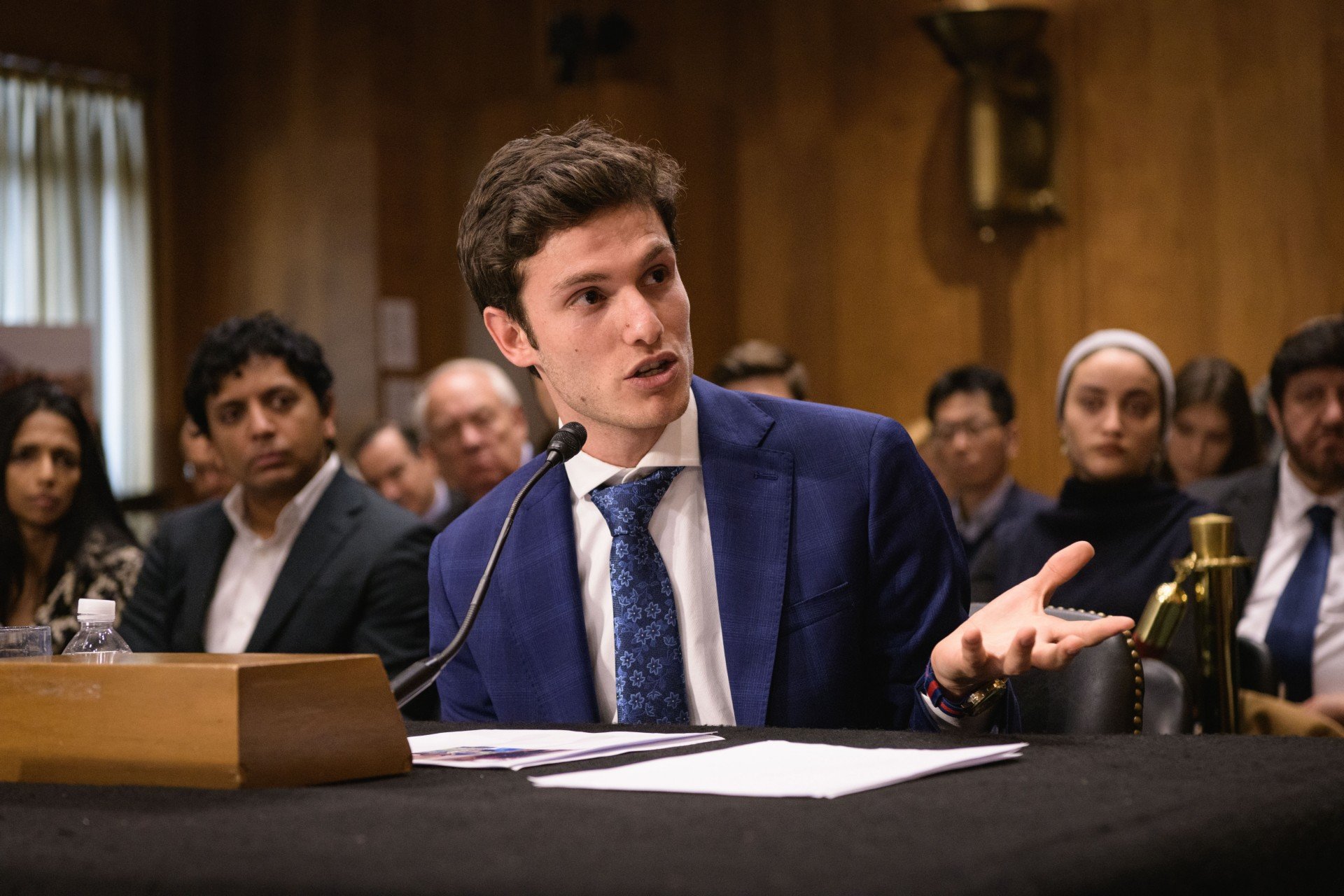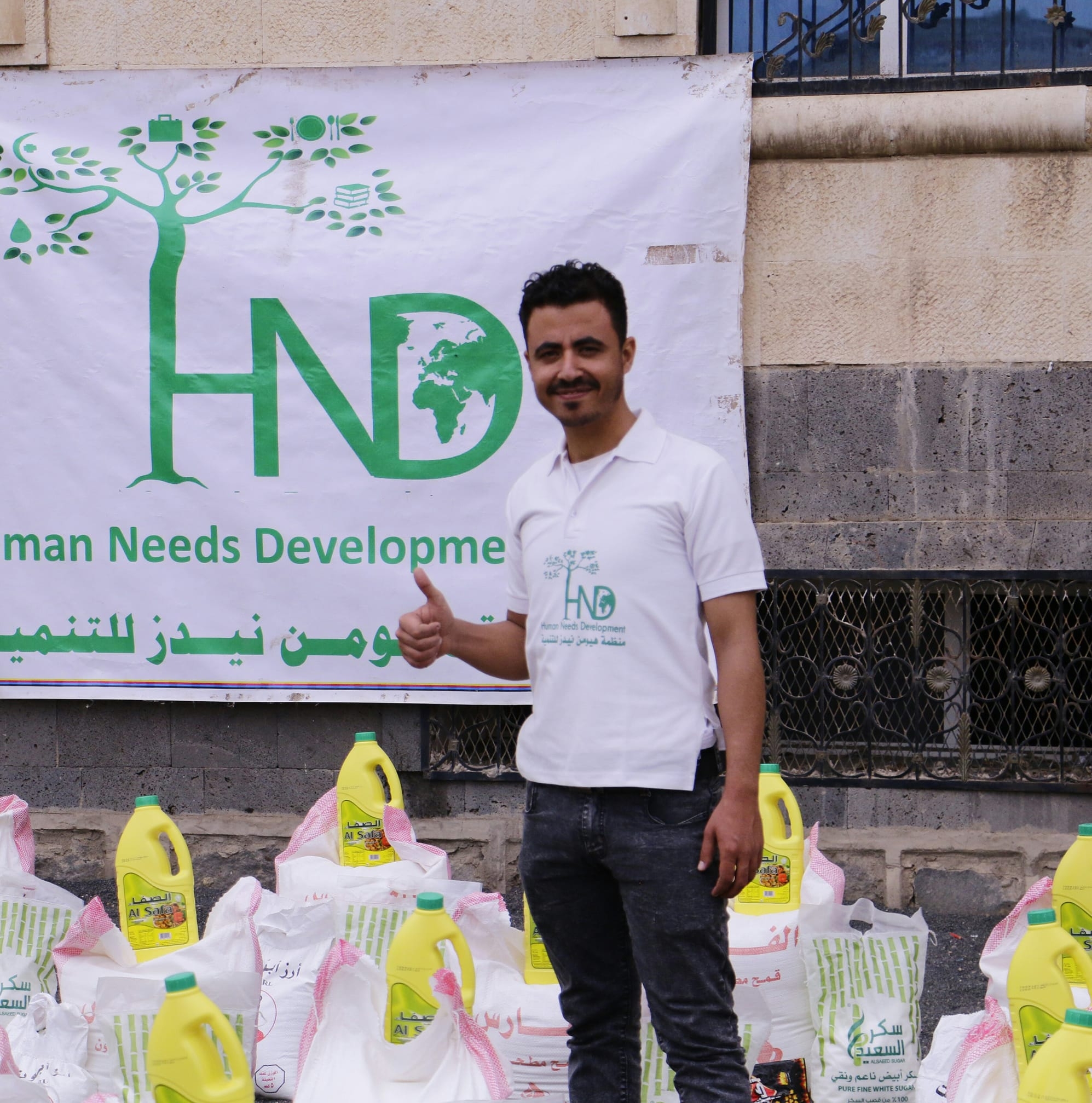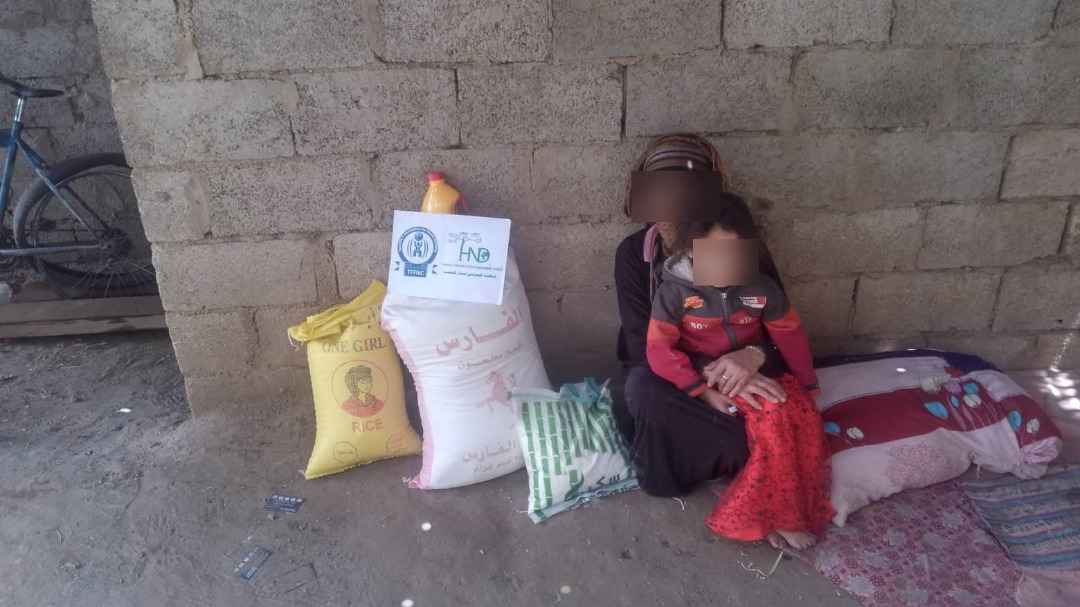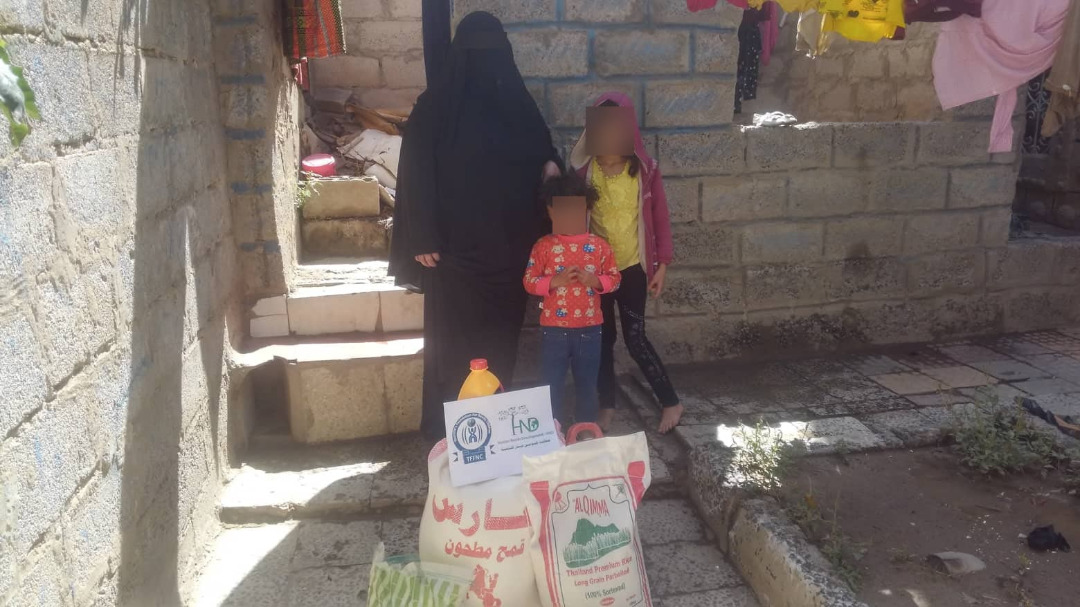Omar Alshogre is currently 28 years old. He was first arrested at 15 for attending a protest against the Al Assad regime, and was arrested a total of 11 times between 2011 and 2013. His last arrest, in 2012, along with the arrests of two of his cousins, led to his incarceration in the Branch 215 military intelligence detention center for 21 months, where he experienced torture on a daily basis. In 2014 he was transferred to Sednaya prison, where he experienced even more brutal forms of torture, and where prisoners were subjected to summary execution for talking without permission. During his period of incarceration, Omar was also forced to remove the bodies of prisoners and to mark their foreheads for identification.
Many of the systematic abuses of Syria’s Al Assad regime have been visually documented in the 2014 Syria Detainee Report, or the Caesar Report. Caesar is the alias for a photographer with the Syrian Military police who worked in secret with a Syrian opposition group to leak graphic images of the torture, starvation, and murder of prisoners at the hands of the al Assad regime. The report documents "the systematic killing of more than 11,000 detainees by the Syrian government in one region during the Syrian Civil War over a two and half year period from March 2011 to August 2013". Human Rights Watch spent six months investigating the authenticity of the photographic evidence and concluded that it was genuine. Signed into law by President Trump in 2019, the Caesar Act, or Caesar Syria Civilian Protection Act, is a set of sanctions against the Al Assad regime for war crimes against the Syrian civilian population.
After suspending Syria from the Arab League for 12 years, last month the Arab League voted unanimously to readmit Syria’s Al Assad regime.
Omar Alshogre is a public speaker and human rights advocate, who endured three years of unjust imprisonment and torture in Syria before being smuggled out and brought to safety. Currently, he serves as the Director of Detainees Affairs for the Syrian Emergency Task Force and the spokesperson for Atrocities Tracker, dedicating himself to the critical cause of advocating for the release of those unjustly detained. Omar has spoken before the US Senate's Foreign Relations Committee, and presented his insights at several world-renowned universities, organizations, and news outlets including Harvard, Georgetown, CNN, and Aljazeera.
Episode 27: Assil Alnaser - Protestor. Prisoner. Student. Syrian Woman






